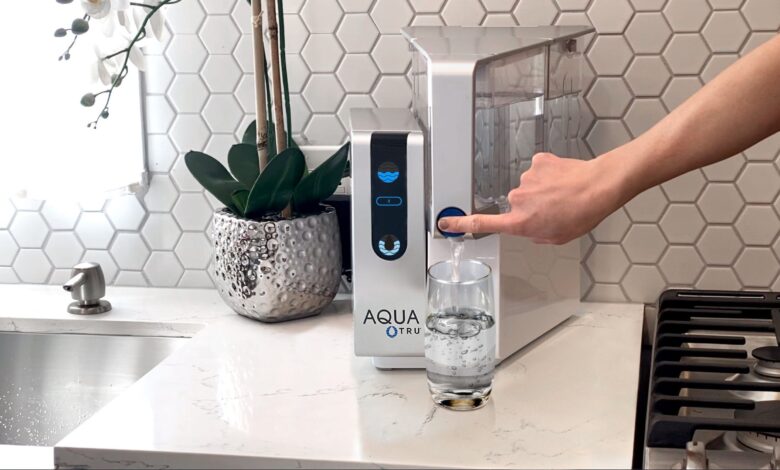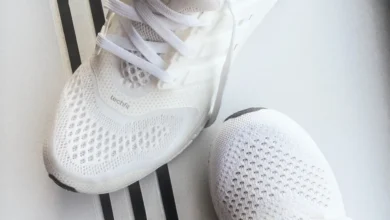Your Guide to Selecting the Perfect Home Water Purifier

In today’s world , ensuring the purity of our drinking water is paramount. With concerns about contaminants and pollutants on the rise, more and more people are turning to home water purifiers to guarantee the safety and quality of their drinking water. However with so many options available on the market, choosing the right water purifier for your home can be a daunting task. That’s why we’ve put together this comprehensive guide to help you navigate the process and make an informed decision. From understanding your water quality needs to evaluating different types of filtration systems, we’ll cover everything you need to know to find the perfect home water purifier for you and your family.
1. Assess Your Water Quality Needs
Before diving into the world of water purifiers, it’s essential to understand the specific contaminants and impurities present in your water supply. You can start by obtaining a water quality report from your local municipality or conducting a home water test kit. This will give you valuable insights into the types and levels of contaminants in your water, allowing you to choose a purifier that targets those specific issues.
2. Understand Different Filtration Technologies
Home water purifiers utilize various filtration technologies to remove contaminants and impurities from water. Some common types include:
- Reverse Osmosis (RO) Systems: RO systems use a semipermeable membrane to remove a wide range of contaminants, including heavy metals, chemicals and bacteria.
- Activated Carbon Filters: These filters absorb and trap contaminants like chlorine, volatile organic compounds (VOCs) and unpleasant odors and tastes.
- UV Water Purifiers: UV purifiers use ultraviolet light to disinfect water by killing bacteria, viruses and other microorganisms.
- Ion Exchange Filters: These filters remove dissolved ions from water, such as calcium and magnesium, which can cause hardness and scale buildup.
Each filtration technology has its strengths and weaknesses, so it’s essential to research and understand how they work to determine which one best suits your needs.
3. Consider Your Budget and Maintenance Requirements
When shopping for a home water purifier, it’s essential to consider not only the upfront cost but also ongoing maintenance expenses. Some systems may require regular filter replacements, professional servicing, or electricity to operate. Factor these costs into your budget to ensure that you can afford both the initial purchase and long-term upkeep of your chosen purifier.
4. Evaluate Features and Specifications
Home water purifiers come in a variety of shapes, sizes and configurations, each with its unique features and specifications. Consider factors such as flow rate, capacity, installation requirements and additional features like built-in water softeners or digital monitoring systems. Evaluate how these features align with your household’s water usage habits and preferences to choose a purifier that meets your specific requirements.
5. Read Reviews and Compare Brands
Before making a final decision, take the time to read reviews and compare different brands and models of water purifiers. Look for feedback from customers who have similar water quality concerns and usage needs as you. Pay attention to factors like reliability, performance and customer service to ensure that you’re investing in a high-quality product from a reputable manufacturer.
6. Don’t Forget About Certification
When selecting a home water purifier, prioritize products that have been independently tested and certified by reputable organizations such as NSF International or the Water Quality Association (WQA). Certification ensures that the purifier meets specific performance standards for contaminant reduction and overall effectiveness.
7. Consult with a Water Treatment Professional
If you’re still unsure about which home water purifier is right for you, don’t hesitate to consult with a water treatment professional. They can offer personalized recommendations based on your water quality test results, budget and preferences. Additionally, they can provide valuable insights into local water conditions and regulatory requirements that may impact your purifier selection.
Conclusion
Investing in a home water purifier is a significant step towards ensuring the safety and quality of your drinking water. By following these tips and guidelines, you can confidently navigate the process of selecting the perfect purifier for your home. Remember to assess your water quality needs, understand different filtration technologies, consider your budget and maintenance requirements, evaluate features and specifications, read reviews and compare brands, prioritize certification and consult with a water treatment professional if needed. With the right purifier in place, you can enjoy clean, healthy water for you and your family for years to come.





Awsome article and right to the point. I don’t know if this
is really the best place to ask but do you folks have any ideea
where to employ some professional writers? Thank you 🙂 Lista escape roomów
wonderful points altogether, you just received
a emblem new reader. What would you recommend about your
publish that you just made some days in the past?
Any positive?